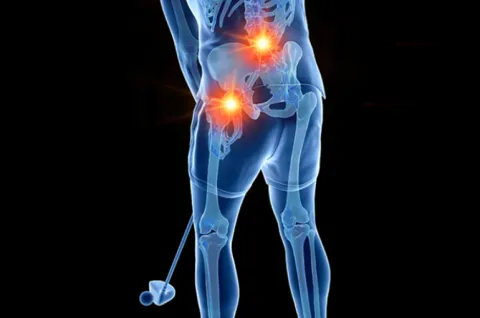Insurance Information for Patients
Understanding Health Plan Referrals, Networks, and Medicare Coverage
Many health plans require members to obtain a referral from a primary care provider before seeing a specialist.
Many health plans require members to obtain a referral from a primary care provider before seeing a specialist.


General email: media@umassmemorial.org
Kristy Lee
Media and Public Relations Manager
UMass Memorial Medical Center
email: kristy.lee@umassmemorial.org
Our first priority is always the safety and privacy of our patients and their families. With that in mind, we strictly enforce HIPAA laws that limit the amount of patient information we may release without written consent from a patient or patient representative.
Did you know that water makes up approximately 60% of your body weight? Your body depends on it for survival as every cell, tissue and organ needs it to properly function. But are you really getting enough? Are there ways to make hydrating more fun?

For more than four decades, the Center for Mindfulness (CFM) has offered mindfulness programs and training to people around the world. Our instructors draw on their professional expertise and deep experience with mindfulness practice to help you integrate mindfulness into your daily life.

At the Center for Mindfulness (CFM), we provide online programs, courses and resources designed to fit your needs and schedule. We’ve been at the forefront of mindfulness education for decades. Our certified teaching team is dedicated to supporting you. Informed by their deep personal practice and professional training, they offer instruction that is accessible and meaningful for everyone.
When you come to us, you’ll find:
Prepare and enjoy this light yet filling salad at your next cookout!
Serves 6
